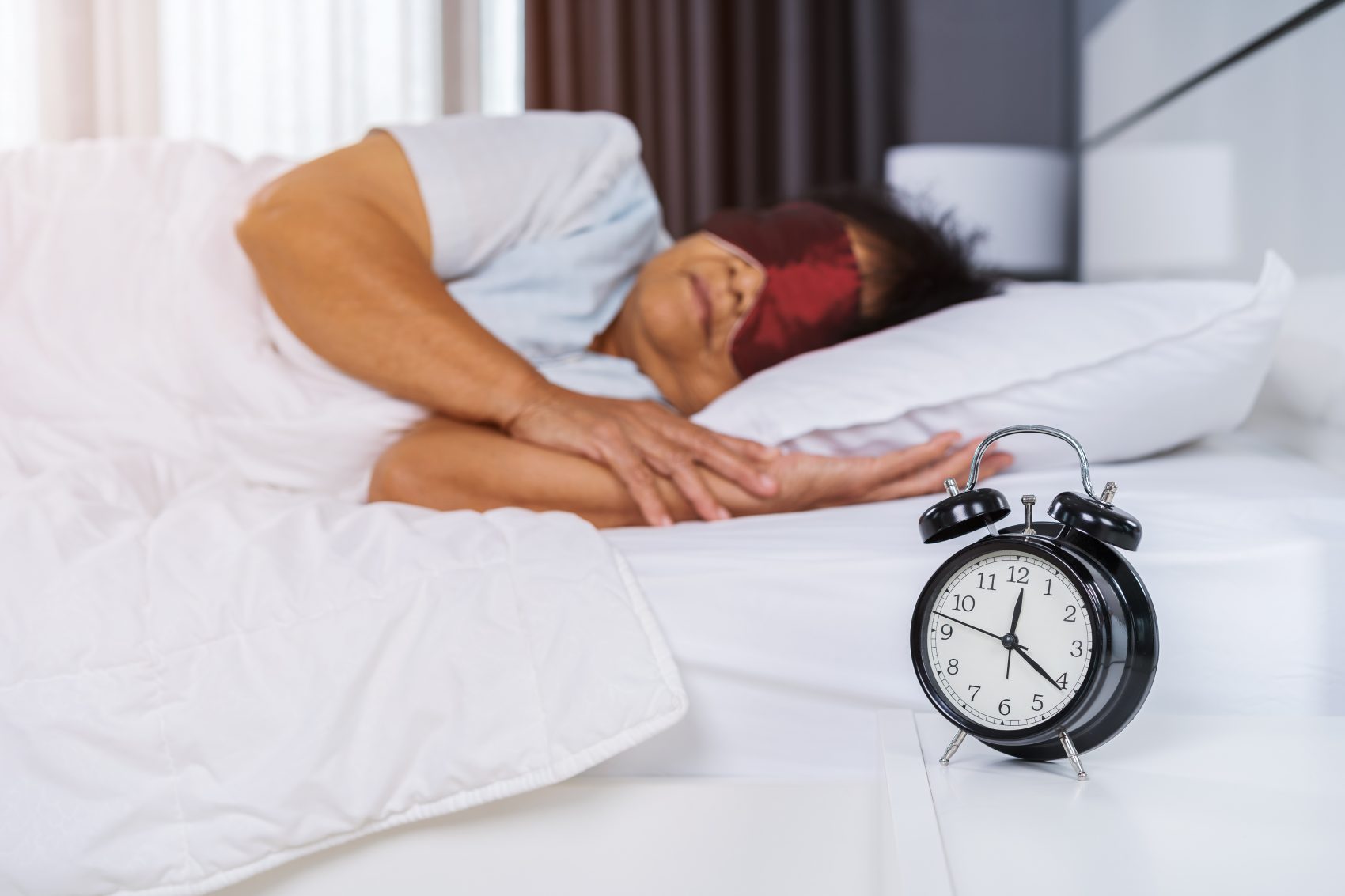
Ways to Reduce Your Sleep Apnea Risk
There are numerous different sleep disorders—sleep apnea is one of the most concerning. For those who are at risk of sleep apnea, understanding what sleep apnea is, what the risk factors for sleep apnea are, and what can be done to reduce one’s risk of developing sleep apnea are all important for long-term health and wellbeing. If you have questions, please don’t hesitate to contact our team at Distinctive Dental Solutions directly. In the meantime, here’s what you should know about ways to reduce your sleep apnea risk—
What Is Sleep Apnea?
Sleep apnea is a sleep disorder in which a person repeatedly starts and stops breathing. There are three types of sleep apnea: obstructive sleep apnea, central sleep apnea, and complex sleep apnea syndrome. Sleep apnea can lead to a variety of complications, some more serious than others. These complications include things like daytime fatigue, sleep deprivation for a partner (a person with sleep apnea is usually a loud snorer, keeping others in the room from restful sleep), and more serious issues like high blood pressure, heart problems, type II diabetes, metabolic syndrome, and liver problems.
Risk Factors for Sleep Apnea
Sleep apnea is sometimes preventable; sometimes, it is caused by factors that a person cannot change. Some of the most common risk factors for developing sleep apnea include:
- Being overweight;
- Being male;
- Having a large neck circumference;
- Smoking;
- Using alcohol;
- Being older;
- Having a history of sleep apnea in the family;
- Having a narrow airway (inherited trait);
- Nasal congestion;
- Suffering from certain medical conditions.
Ways to Reduce Your Sleep Apnea Risk
Even if you have certain conditions or inherent genetic traits—such as a narrow airway or being male—there may be things that you can do to reduce your risk of developing sleep apnea. These include:
- Maintain a healthy weight and lifestyle. Being overweight is one of the biggest risk factors for sleep apnea. Exercising and eating well can help you to maintain a healthy weight and have numerous health benefits.
- Avoid smoking and alcohol. Drinking alcohol and smoking are two activities that increase the risk of sleep apnea. Giving up both may have multiple health benefits.
- Try changing how you sleep. Another option for reducing your risk of sleep apnea or treating mild sleep apnea may be changing the position in which you sleep. For most adults, sleeping on one’s side instead of the back can improve symptoms.
- Use an oral appliance. If you are suffering from sleep apnea, using an oral appliance can help to reposition your tongue and jaw, allowing you to breathe easier.
Talk to Distinctive Dental Solutions Today to Learn More
At Distinctive Dental Solutions, our team wants to make sure that our patients are sleeping soundly. To learn more about sleep apnea risks and solutions that may be available to you, call our team directly today.



